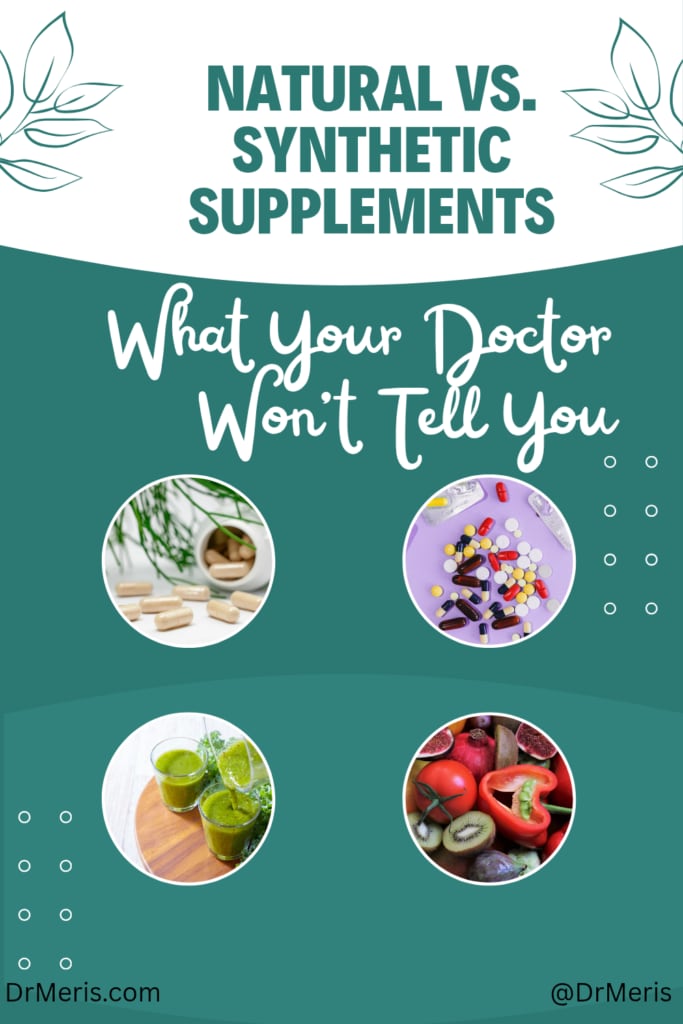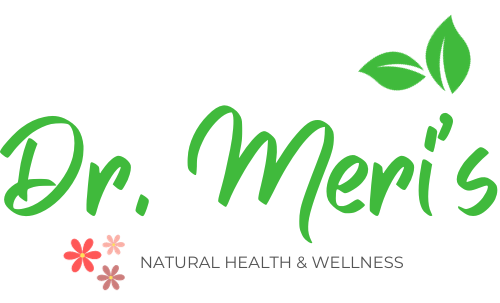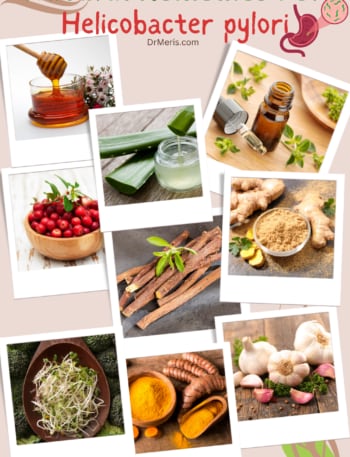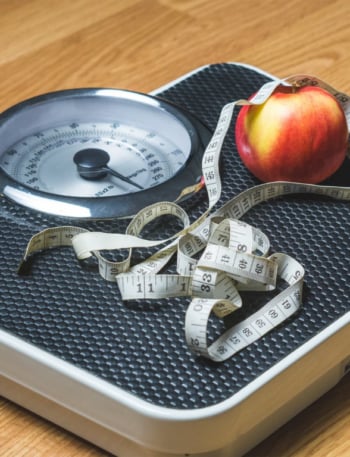Let’s be real—you’ve probably stood in front of the supplement aisle, overwhelmed and unsure whether those shiny bottles are a smart investment or just marketing fluff. Maybe you’ve asked yourself, “Is this really doing anything for me?” That moment of doubt? Totally valid—especially when you’re thinking about natural vs synthetic supplements benefits.
Truth is, supplements aren’t all created equal. And even though two pills might say “Vitamin C” on the label, where that vitamin comes from—whether a fruit or a factory—can actually make a difference in how your body reacts. It’s not just about the label; it’s about what your body can use.
So, let’s have an honest conversation. No jargon. No hype. Just what you need to know to make better choices.

Read More:
All You Need to Know About Vitamin D
All about Magnesium Glycinate: Benefits, Dosage, Sides Effects, and More
Magnesium: Benefits, Deficiencies, Sources, Forms, and More
Thiamine (Vitamin B1) – Functions, deficiencies, sources, and more.

Natural vs Synthetic Supplements: Does It Matter?
Here’s the deal: a lot of us aren’t getting everything we need from food alone1. That’s why so many folks—over half the U.S. population, in fact—turn to supplements like multivitamins2. Sounds like a smart move, right?
Well, yes and no.
Are Natural and Synthetic Nutrients Different?
On paper, synthetic nutrients seem like a carbon copy of natural ones. Chemically, they’re often similar. But your body doesn’t read ingredient labels—it responds to how things function biologically. And synthetic vitamins, made in industrial labs, often skip the natural “extras” like plant enzymes and co-factors that help your body actually use them.
It’s kind of like trying to enjoy a peanut butter and jelly sandwich without the bread. Technically, it’s the same ingredients—but it’s missing what brings it all together.
Vitamin E is a great example. Research shows your body absorbs the natural kind way better than the synthetic version—about twice as well, in fact3.
So yeah, nature usually wins this round.
Nutrients in Whole Foods Have Real Health Benefits
Whole foods are like your body’s best friend. They show up with the complete package—fiber, enzymes, minerals, antioxidants, and more. And science backs this up big time.
Fruits and Vegetables
Not just colorful plate-fillers. They’ve been linked with reduced risk of heart disease, stroke, and cognitive issues4, 5. It’s not any one nutrient—it’s the combo effect. So you’re getting vitamin C, yes—but also polyphenols, potassium, enzymes, and more.
Plus, let’s be honest—eating the rainbow just feels good. It’s a full sensory experience: crunch, color, freshness, and energy. A pill can’t compete with that.
Oily Fish
The omega-3s in salmon and sardines? They’re anti-inflammatory powerhouses that support heart health like few other things can6. And they come with protein, B vitamins, and a satiety factor you won’t get from a capsule.
Beans, Nuts, Seeds & Grains
Packed with fiber, healthy fats, plant-based protein, and antioxidants. From blood sugar balance to lowering LDL cholesterol, they’re real multitaskers7, 8. Just a handful of almonds or a scoop of lentils goes a long way—not just nutritionally but also for gut health and satiety.
In short: when in doubt, eat whole foods. They’ve got your back.
Supplement Studies: The Good, the Bad, and the Confusing
Supplements sound great in theory. But the research? All over the place.
Multivitamins
Some studies say they help with memory or reduce disease risk9, 10. Others say they don’t do much11, 12. A few even raise concerns about long-term use13, 14.
So what gives? The truth is, when it comes to natural vs synthetic supplements benefits, outcomes often depend on the individual. If you already have a well-rounded diet, popping a multivitamin might not do much. But if you’re deficient in certain areas? Then yes, a supplement might fill that gap.
Single Vitamins
Vitamin D has promise, especially with calcium, for bone health15, 16. B vitamins might support brain function17, but it’s not consistent.
So, results vary. Sometimes it works, sometimes it doesn’t. Maybe the real question is: are we using these pills to patch poor diets?
Antioxidants
We love them in food. But as pills? Beta-carotene, especially in smokers, has been shown to increase cancer risk in smokers18. The takeaway: just because something’s good in broccoli doesn’t mean it’s good in a mega-dose tablet.
So yeah… more isn’t always better.
Should You Take Synthetic Nutrients?
Good question. If you’re eating well and don’t have a deficiency, you might not need them at all. But for others, they can be helpful:
- Older adults may need extra vitamin D, B12, and calcium19.
- Vegans and vegetarians often lack B12, iron, and zinc20.
- Pregnant/breastfeeding women need folic acid—but should watch out for excess vitamin A5.
- Anyone with a diagnosed deficiency? Yep, supplements are necessary21.
Also, life gets hectic. And that’s where understanding natural vs synthetic supplements benefits can help guide your choices—especially when eating clean isn’t always realistic.
Think of them like a seatbelt. You don’t always need it, but when you do, it matters.
Can Synthetic Supplements Be Harmful?
Unfortunately, yes. Especially fat-soluble vitamins like A, D, E, and K. They don’t flush out easily. That means they can build up to unsafe levels—leading to nausea, toxicity, or worse22.
And here’s something you might not know: the supplement industry isn’t heavily regulated. That means what’s in the bottle might not match what’s on the label. Some products have been found to contain contaminants, or way more (or less) of the nutrient than advertised.
⚠️ Quick tip: if something says “mega dose,” think twice. Your body isn’t a dumping ground for nutrients—it’s a fine-tuned system.
Final Thoughts on Natural vs Synthetic Supplements Benefits
No supplement will ever replace what real, whole food can do. Nature knows what it’s doing.
That said, if you truly need a supplement, choose wisely. Look for food-based or doctor-recommended products. Read the label. Ask questions. Be curious.
Use supplements as they were intended—as a backup, not the main event. Eat colorful meals. Cook more often. Listen to your body. And if you’re still unsure, talk to a qualified practitioner.
Your body is smart. It deserves real support—not just the latest health trend in a bottle.
References
1. Carr, A. C., & Vissers, M. C. (2013). Synthetic or food-derived vitamin C—Are they equally bioavailable? Nutrients, 5(11), 4284–4304. https://doi.org/10.3390/nu5114284
2. Office of Dietary Supplements. (n.d.). Dietary supplement fact sheets. U.S. National Institutes of Health. https://ods.od.nih.gov/factsheets/list-all/
3. Miller, E. R., Pastor-Barriuso, R., Dalal, D., Riemersma, R. A., Appel, L. J., & Guallar, E. (2005). Meta-analysis: High-dosage vitamin E supplementation may increase all-cause mortality. Annals of Internal Medicine, 142(1), 37–46. https://doi.org/10.7326/0003-4819-142-1-200501040-00110
4. Kim, Y. I. (2007). Folate and colorectal cancer: An evidence-based critical review. Molecular Nutrition & Food Research, 51(3), 267–292. https://doi.org/10.1002/mnfr.200600191
5. Greenberg, J. A., Bell, S. J., & Guan, Y. (2011). Folic acid supplementation and pregnancy: More good than harm? American Journal of Clinical Nutrition, 94(6), 1711–1712. PMC3218540
6. Mozaffarian, D., & Rimm, E. B. (2006). Fish intake, contaminants, and human health: evaluating the risks and the benefits. JAMA, 296(15), 1885–1899. https://doi.org/10.1001/jama.296.15.1885
7. Mente, A., de Koning, L., Shannon, H. S., & Anand, S. S. (2009). A systematic review of the evidence supporting a causal link between dietary factors and coronary heart disease. Archives of internal medicine, 169(7), 659–669. https://doi.org/10.1001/archinternmed.2009.38
8. Ros E. (2010). Health benefits of nut consumption. Nutrients, 2(7), 652–682. https://doi.org/10.3390/nu2070652
9. Fortmann, S. P., Burda, B. U., Senger, C. A., Lin, J. S., & Whitlock, E. P. (2013). Vitamin and mineral supplements in the primary prevention of cardiovascular disease and cancer: An updated systematic evidence review for the U.S. Preventive Services Task Force. Annals of internal medicine, 159(12), 824–834. https://doi.org/10.7326/0003-4819-159-12-201312170-00729
10. Grodstein, F., O’Brien, J., Kang, J. H., Dushkes, R., Cook, N. R., Okereke, O., Manson, J. E., Glynn, R. J., Buring, J. E., Gaziano, M., & Sesso, H. D. (2013). Long-term multivitamin supplementation and cognitive function in men: a randomized trial. Annals of internal medicine, 159(12), 806–814. https://doi.org/10.7326/0003-4819-159-12-201312170-00006
11. Mursu, J., Robien, K., Harnack, L. J., Park, K., & Jacobs, D. R., Jr (2011). Dietary supplements and mortality rate in older women: the Iowa Women’s Health Study. Archives of internal medicine, 171(18), 1625–1633. https://doi.org/10.1001/archinternmed.2011.445
12. Bjelakovic, G., Nikolova, D., Gluud, L. L., Simonetti, R. G., & Gluud, C. (2012). Antioxidant supplements for prevention of mortality in healthy participants and patients with various diseases. The Cochrane database of systematic reviews, 2012(3), CD007176. https://doi.org/10.1002/14651858.CD007176.pub2
13. Gaziano, J. M., Glynn, R. J., Christen, W. G., Kurth, T., Belanger, C., MacFadyen, J., Bubes, V., Manson, J. E., Sesso, H. D., & Buring, J. E. (2009). Vitamins E and C in the prevention of prostate and total cancer in men: the Physicians’ Health Study II randomized controlled trial. JAMA, 301(1), 52–62. https://doi.org/10.1001/jama.2008.862
14. Omenn, G. S., Goodman, G. E., Thornquist, M. D., Balmes, J., Cullen, M. R., Glass, A., Keogh, J. P., Meyskens, F. L., Valanis, B., Williams, J. H., Barnhart, S., & Hammar, S. (1996). Effects of a combination of beta carotene and vitamin A on lung cancer and cardiovascular disease. The New England journal of medicine, 334(18), 1150–1155. https://doi.org/10.1056/NEJM199605023341802
15. Cranney, A., Horsley, T., O’Donnell, S., Weiler, H., Puil, L., Ooi, D., Atkinson, S., Ward, L., Moher, D., Hanley, D., Fang, M., Yazdi, F., Garritty, C., Sampson, M., Barrowman, N., Tsertsvadze, A., & Mamaladze, V. (2007). Effectiveness and safety of vitamin D in relation to bone health. Evidence report/technology assessment, (158), 1–235. PMC4781354
16. Ross, A. C., Manson, J. E., Abrams, S. A., Aloia, J. F., Brannon, P. M., Clinton, S. K., Durazo-Arvizu, R. A., Gallagher, J. C., Gallo, R. L., Jones, G., Kovacs, C. S., Mayne, S. T., Rosen, C. J., & Shapses, S. A. (2011). The 2011 report on dietary reference intakes for calcium and vitamin D from the Institute of Medicine: what clinicians need to know. The Journal of clinical endocrinology and metabolism, 96(1), 53–58. https://doi.org/10.1210/jc.2010-2704
17. Kennedy D. O. (2016). B Vitamins and the Brain: Mechanisms, Dose and Efficacy-A Review. Nutrients, 8(2), 68. https://doi.org/10.3390/nu8020068
18. Middha, P., Weinstein, S. J., Männistö, S., Albanes, D., & Mondul, A. M. (2019). β-Carotene Supplementation and Lung Cancer Incidence in the Alpha-Tocopherol, Beta-Carotene Cancer Prevention Study: The Role of Tar and Nicotine. Nicotine & tobacco research : official journal of the Society for Research on Nicotine and Tobacco, 21(8), 1045–1050. https://doi.org/10.1093/ntr/nty115
19. Yetley E. A. (2007). Multivitamin and multimineral dietary supplements: definitions, characterization, bioavailability, and drug interactions. The American journal of clinical nutrition, 85(1), 269S–276S. https://doi.org/10.1093/ajcn/85.1.269S
20. Elorinne, A. L., Alfthan, G., Erlund, I., Kivimäki, H., Paju, A., Salminen, I., Turpeinen, U., Voutilainen, S., & Laakso, J. (2016). Food and Nutrient Intake and Nutritional Status of Finnish Vegans and Non-Vegetarians. PloS one, 11(2), e0148235. https://doi.org/10.1371/journal.pone.0148235
21. World Health Organization. (2001). “Iron deficiency anaemia: assessment, prevention and control.”
22. Hathcock J. N. (1997). Vitamins and minerals: efficacy and safety. The American journal of clinical nutrition, 66(2), 427–437. https://doi.org/10.1093/ajcn/66.2.427
Sign Up for Our Email List
Get our latest articles, healthy recipes, tips, and exclusive deals delivered straight to your inbox with our newsletter.
We won't send you spam. Unsubscribe at any time.








